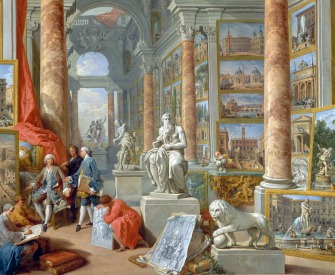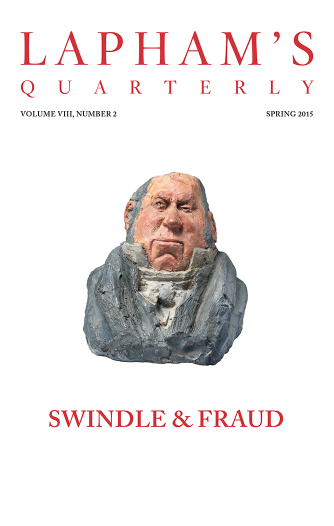In the city of Saba there is a glut of wealth.
Everyone has more than enough.
Even the bath stokers wear gold belts.
Huge grape clusters hang down on every street
and brush the faces of the citizens.
No one has to do anything.
You can balance an empty basket on your head,
and it will fill by itself
with overripe fruit dropping into it.
Stray dogs stray in lanes
full of thrown-out scraps with barely a notice.
The lean desert wolf gets indigestion
from the rich food. Everyone is
satiated with all the extra.
There are no robbers. There is no energy
for crime, or for gratitude.
And no one wonders about the unseen world.
The people of Saba feel bored
with just the mention of prophecy.
They have no desire of any kind. Maybe some
idle curiosity about miracles, but that’s it.
This over-richness is a subtle disease.
Those who have it are blind to what’s wrong
and deaf to anyone who points it out.
The city of Saba cannot be understood
from within itself, but there is a cure,
an individual medicine, not a social remedy.
Sit quietly and listen for a voice
that will say, Be more silent.
As that happens your soul starts to revive
Give up talking, and your positions of power.
Give up the excessive money.
Turn toward the teachers and the prophets
who do not live in Saba. They will help you
grow sweet again, and fragrant and wild and fresh
and thankful for any small event.
Translated by Coleman Barks. Copyright © 2006 by Coleman Barks. Used with permission of Coleman Barks.
“The City of Saba.” Persian poet and Sufi mystic, Rumi as a child fled to Konya from modern-day Afghanistan to escape the Mongol invader Genghis Khan. After Rumi’s death in 1273, his followers organized an Islamic sect, the Mawlawiyah, also known as the order of Whirling Dervishes for their ecstatic religious ceremonies.
Back to Issue




